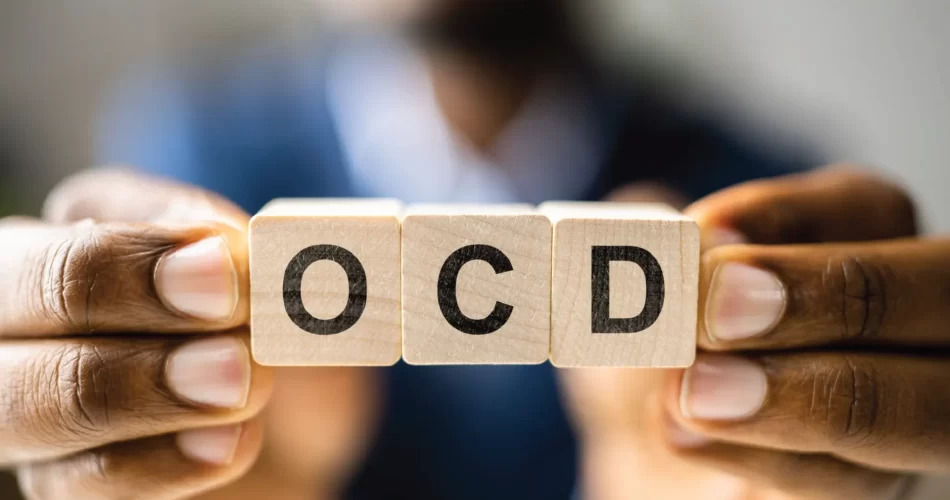OCD stands for obsessive-compulsive disorder.
It is a mental health condition where a person has recurring, unwanted thoughts, ideas or sensations (obsessions) and repetitive behaviors or rituals (compulsions).
People with OCD experience two main things:
- Obsessive Thoughts: These are persistent and distressing thoughts that invade a person’s mind. They often involve fears, worries, or even bizarre concerns.
- Compulsive Behaviors: To cope with the anxiety caused by obsessive thoughts, individuals with OCD engage in repetitive behaviors. These can be anything from excessive hand-washing to checking things over and over again.
In this guide we will get into depth with what obsessive-compulsive disorder entails.
Key Facts
- OCD stands for Obsessive-Compulsive Disorder, involving intrusive thoughts (obsessions) and repetitive behaviors (compulsions).
- OCD affects about 2-3% of South Africa’s population and can disrupt daily life.
- Effective treatments for OCD in South Africa include CBT, medication, and exposure therapy.
- Raising awareness about OCD is vital to combat stigma and provide support.
- Understanding and empathy can make a significant difference in the lives of those with OCD in South Africa and worldwide.
OCD In South Africa

Obsessive-compulsive disorder (OCD) is a common mental health condition that affects approximately 2-3% of the population in South Africa.
It is characterized by recurrent and intrusive thoughts (obsessions) and/or repetitive behaviors (compulsions).
OCD can have a significant impact on a person’s life, causing distress and interfering with their ability to work, study, socialize, and enjoy relationships.
However, with treatment, most people with OCD can manage their symptoms and live full and productive lives.
Treatment For OCD in South Africa

There are a number of effective treatments available for OCD in South Africa, including:
- Cognitive-behavioral therapy (CBT): CBT is a type of psychotherapy that helps people to identify and challenge their negative thoughts and beliefs, and to develop more helpful coping mechanisms. CBT is considered to be the first-line treatment for OCD.
- Medication: Certain medications, such as selective serotonin reuptake inhibitors (SSRIs), can be effective in reducing the symptoms of OCD. Medication is often used in conjunction with CBT.
- Exposure and response prevention (ERP): ERP is a type of CBT that involves gradually exposing people to their feared situations and preventing them from engaging in their compulsions. This helps people to learn that their fears are not real and that they can cope with anxiety without performing their compulsions.
Importance of Awareness

Understanding OCD is vital. It’s not just a quirk; it’s a real mental health condition that can be debilitating.
In South Africa, where the stigma around mental health is slowly receding, it’s crucial to continue the conversation.
We can create a more supportive environment by:
- Talking openly about mental health challenges, including OCD.
- Encouraging individuals to seek help and support when needed.
- Challenging stereotypes and misconceptions surrounding OCD.
Take Away
So, to answer the question, “What does OCD stand for?” – it stands for Obsessive-Compulsive Disorder, a condition that affects people in South Africa and around the world.
Understanding the reality of OCD and being compassionate and supportive can make a significant difference in the lives of those who live with it.
Let’s continue to prioritize mental health and work towards a more inclusive and empathetic society in South Africa and beyond.










